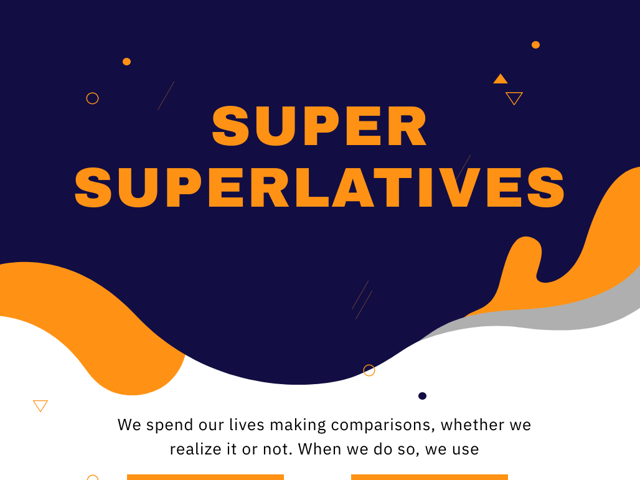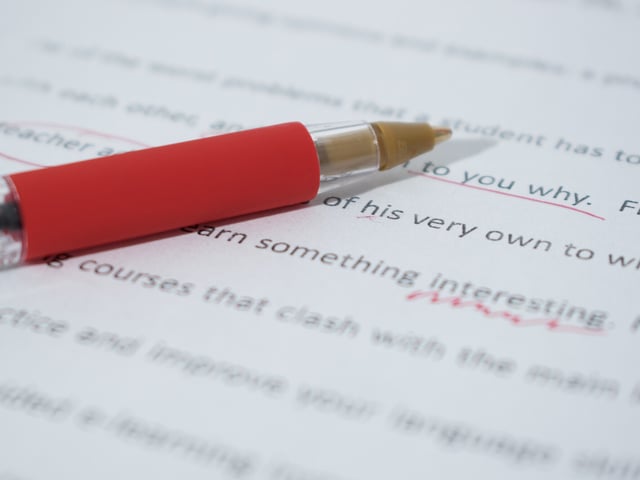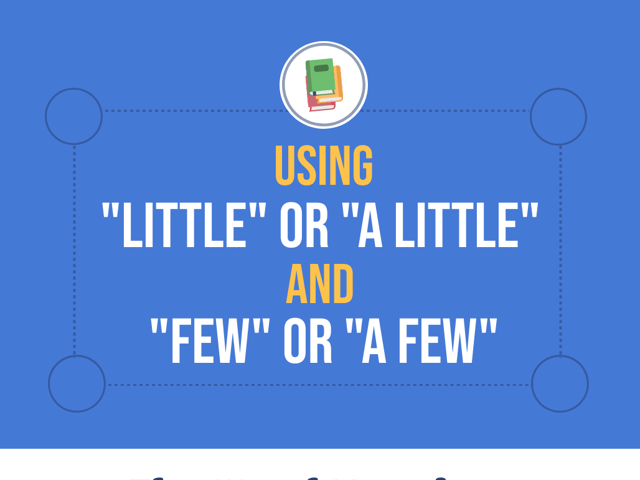
What are Superlatives?
We spend our lives making comparisons, whether we realize it or not. When we do so, we use comparatives and superlatives. These words allow us to show the degree of greatness of things and to differentiate between good, better, and best or bad, worse, and worst. Superlatives are super, but to be effective (and grammatically correct), they must be used correctly. Here’s a quick rundown on what you need to know about superlatives.
Typical Superlatives
As the prefix super might suggest, superlatives show the greatest degree of comparison (whether positive or negative). It could be any of these:
- the best or the worst
- the highest or the lowest
- the heaviest or the lightest
- the most or the least
- the hottest or the coldest
Notice in all of these examples, our superlatives end with “-st/-est” and there’s a “the” before them. That’s the tell-tale sign of a superlative.
Superlatives Using “Least” and “Most”
But it’s not the only sign, and not all superlatives end with -st/-est. Sometimes a least or a most is needed before the adjective (plus the the beforehand) because just adding an -st/-est to the word doesn’t work. For example, these show correct superlative usage:
He bought the most expensive car on the lot.
To say “He bought the expensivest car” wouldn’t work.
The green sofa was the least attractive piece of furniture at the store.
That comparison shows that, of all the pieces of furniture in the store (way more than two), the green sofa was the least attractive of all.
Basic Rules for Superlative Use
So how do you know when to add -st/-est and when to add least or most? There are a few standard rules that might help:
-
First, if an adjective has just one syllable it’s usually transformed into a superlative by adding -st/-est. Cold = coldest, fast = fastest, tall = tallest, and wise = wisest. If that single-syllable adjective ends with a single vowel and then a single consonant, the consonant must be doubled before the -est can be added: hot = hottest, sad = saddest, and fat = fattest.
-
For adjectives with two or more syllables, that don’t end in “y”, use the least or the most in front of the adjective to show its superlative nature: the most amazing, the least delicate, the most charming, and the least efficient.
-
For any adjectives ending in “y”, regardless of the number of syllables, change the y to an i and add -est: dry = driest, silly = silliest, scary = scariest.
Irregular Superlatives
As with so many rules in the English language, there are always exceptions.
- Good does not become goodest, but best.
- Bad becomes worst, not baddest.
Other irregular superlatives you should know:
- Much becomes most.
- Far becomes furthest or farthest, depending on how it’s being used.
- Little (when talking about amount) becomes least (He had the least to lose.).
- Little (referring to size or age) would be littlest.
We picked the littlest puppy in the litter.
His littlest brother started school.
Just remember, you never add a “least/most” and use “-st/-est”.
When a Superlative Is Not Used
The trick to superlatives comes in knowing when to use them. This is because superlatives can only be used when the comparison is among three or more things. If there are only two items, then you would use a comparative as opposed to a superlative. For example:
The blue glass is prettier than the green one.
The sentence is comparing two glasses, so the comparative word prettier is used. Stick another glass (or ten) in there, though, and a superlative is necessary.
The blue glass is the prettiest of all the glasses on the shelf.
So, there you go—superlatives show the degree of comparison between three or more things. They are created either by adding -st/-est to the end of the adjective or by adding the least or the most before an adjective. Remembering these rules can help you become the greatest superlative user on the planet! To read more on superlatives and other grammar concepts, or to check your knowledge, check out our English practice tests, study guides, and flashcards.

Keep Reading

English Basics Blog
How to Write a Compare and Contrast Essay
When you were in school, you probably had to write a lot of different t…

English Basics Blog
When to Use “Little” or “a Little” and “Few” or “a Few”
Few aspects of the English language can grow as convoluted as when to u…

English Basics Blog
What is a Predicate?
The term predicate is one that is often used when discussing grammar, b…